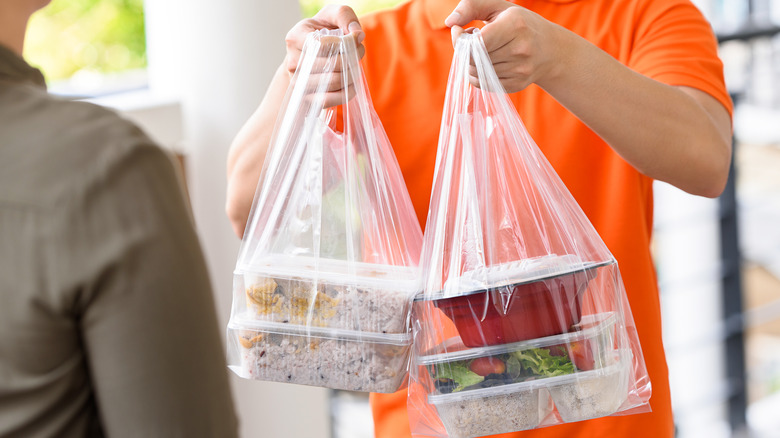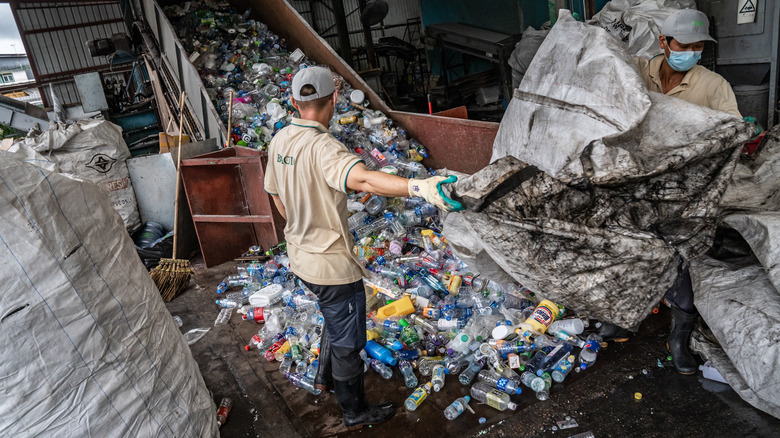
Have you ever swallowed plastic? While it might sound odd, it’s surprisingly common, and many of us have likely done it at some point in our lives, often unintentionally. The statistics surrounding plastic consumption are astonishing. A study by the University of Newcastle, Australia, indicates that people could be ingesting an amount of plastic equivalent to a credit card every week (via WWF). The main contributor is drinking water, with high levels of plastic also detected in shellfish. Since shellfish are often consumed whole, any microplastics they contain can enter our bodies (via Plastic Tides).
Given how deeply plastics are embedded in our consumption and production practices, avoiding them is challenging. According to the UN Environment (UNEP), a million plastic drinking bottles are bought every minute. The report also reveals a startling fact – half of all manufactured plastic is intended for single use only.
This is troubling news for our planet, as plastic is detrimental to the environment, including marine ecosystems. But what happens when that same plastic, in some form, ends up in your body? What are the consequences of accidentally ingesting plastic?
Our body tries to eliminate any accidentally ingested plastic

Did you inadvertently chew on a candy wrapper’s thin edge and swallow it? Don’t worry. A small amount of plastic in your body is unlikely to cause harm. Tiny plastic particles, smaller than a sesame seed, are known as microplastics. A 2019 study found that Americans ingest between 39,000 to 52,000 microplastics annually, depending on age and sex. Additionally, those who drink bottled water may consume an extra 90,000 microplastics each year (via Environmental Science & Technology).
So, what happens to this plastic in the body? According to Plastic Tides, most small amounts of accidentally consumed plastic will exit the body within a day or so, as the body naturally expels contaminants. However, frequent plastic consumption could lead to potential health risks. As noted by Spoon University, chemicals in plastics can easily enter our bodies through microwaved foods. Ingesting some of these chemicals could lead to issues such as asthma, cancer, miscarriage and premature birth, infertility in men, and abnormal sexual development, among others. These risks underscore the importance of steering clear of plastic whenever possible!
Reducing plastic ingestion involves more than just caution when consuming plastic-wrapped products. Consider minimizing your use of plastic products and making recycling a regular practice. Even small steps can contribute to saving our planet!
“`




